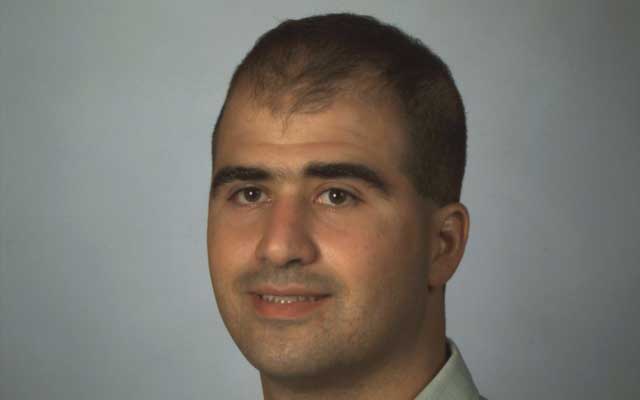Major Nidal Malik Hasan (Uniformed Services University o/ZUMA Press/Newscom)
Today, a jury of 13 military officers found Major Nidal Malik Hasan guilty for his shooting rampage at Fort Hood in Texas nearly four years ago, which left 13 people dead and more than 30 severely injured. This act of terrorism that shocked the nation and the entire U.S. military community is a cautionary reminder of the continued threat of homegrown terrorism.
While signals of Hasan’s deadly attack on Fort Hood went unnoticed (or ignored), the vast majority of the 50 foiled terror plots since 9/11 were thwarted in their early stages due to the vigilance of U.S. law enforcement and intelligence.
With the global operating environment for terrorist networks having become increasingly hostile, lone-wolf terrorism has become more appealing to al-Qaeda sympathizers and other terrorists. Homegrown terrorist actors can often bridge the divide between the United States and the other regions of the world in which terrorist networks operate, frequently possessing the cultural and linguistic skills to move easily between the two.
The value for terrorist networks also often lies in the ability of homegrown terrorists to travel more easily and live and work within the United States without raising suspicion. These abilities can make it more challenging for U.S. intelligence and law enforcement to detect homegrown terror plots. Such difficulties are also due to the fact that these plots tend to involve significantly fewer actors, and fewer connections to terrorist networks, than more global terror plots. The growing number of lone-wolf actors, radicalized independently of direct connections to terrorist networks, either online or through social circles, can further elevate these challenges.
On the other hand, without the support of broader terrorist networks, violent extremists may lack specialized skills as well as financing, support networks, and training, making it difficult to carry out a catastrophic attack independently. This same lack of training and resources could create openings for detection by U.S. intelligence and law enforcement, by affording more room for error on the part of the terrorist.
As Hasan’s court martial now moves into the penalty phase, it is important to remember that terrorists at home and abroad continue to plot to harm the United States and its citizens. Ensuring that the U.S. is prepared to thwart future terror plots requires the continued vigilance of law enforcement, the intelligence community, and the American people.
Source material can be found at this site.










